Jihdi (jee-dee)
The Jihdi are the Eastern Humans, living on what the Western Humans call "the Neverending Peninsula." It is called as such because many adventurers never manage to travel to the edge on foot before giving up due to rough terrain or simply not getting somewhere fast enough. This is the Northeastern tip of Elone.
Many that visit Baoying are confused to find the Monks that worship the God of Battle and Strength are peaceful. This is, however, exactly the point. The Monks teach that the greatest strength comes not from constant battle, but instead from peace. Then, strength can be honed, and the weight of it can truly be understood. Battle is only for when it is absolutely necessary. The main teaching the Monks give is this:
Government Structure
The Government of the Jihdi is separated into two major sections, the legislative and the military.The Followers of the Empress
The Followers of the Empress is a general term for the main branch of the Jihdi government. Aside from the Ninjas, who have escaped legislation anytime it is nearly introduced, everything else falls under this branch. First, and most important, is the Empress, head of the government. She is the center of everything, and everyone takes orders from her. Next is the Shang Jiang, or General, who is often the husband of the Empress. He leads the main military forces. There are advisors to the Empress who bring ideas to her. If any speak out in a way the Empress dislikes, they are often exiled to the West or the Far North. They are the ones that seek to bring new legislation to the Jihdi. Finally, there are the mayors who run the cities. They are not meant to introduce specific legislation, but instead simply to enforce the legislation of the Empress and come to her if anything is not working as intended. The Jihdi name their eras after the ruling dynasty.The Ninja Legion
The Ninja Legion is the independent military corps of the Jihdi. While the Followers of the Empress have their own military, they are not looked on the same way as the Ninja Legion. The Ninja Legion does not work on orders from the Empress. They instead follow the Shàngwèi, or Upper Ranked. There is only one Shàngwèi, and he/she is often held in the same regard as the Empress. The Shàngwèi commands the other Ninja, who are sorted together into Shìzú, or Clans. These Clans are very tight-knit groups, who work and live together. However, they are not always kept together. Each clan is meant to hold a certain number of different ranking Ninja. If one of the Ninja is promoted, and it goes against the maximum number of a certain rank that the clan is supposed to have, then there are two options. The Ninja can either decline the promotion to stay with their clan, or they can take the promotion and abandon their clan. The Ninja Legion was inspired by what the Jihdi, particularly one of its founders Yan Jianguo, had learned from the Kamejin and their similar Ninja forces.The Monks
There is, technically, a third branch of the Jihdi, being that of the monks that live in the mountain village of Baoying. This mountainous village is the center of religion in the Jihdi lands, as it also houses the Temple of .Many that visit Baoying are confused to find the Monks that worship the God of Battle and Strength are peaceful. This is, however, exactly the point. The Monks teach that the greatest strength comes not from constant battle, but instead from peace. Then, strength can be honed, and the weight of it can truly be understood. Battle is only for when it is absolutely necessary. The main teaching the Monks give is this:
"Inside of everyone, there is a storm. Leigong granted you that. Yet is a hurricane strongest after already going across an entire coast, or is the storm that strikes instantly and precisely stronger?"The Monks practice giving up everything for Leigong. Then, they are able to dedicate everything they have to his teachings. They lose their names, their lives, even their hair. Only the Head Priest of Leigong, called the Nameless Monk, is allowed the title and a small fraction of hair to show their status. The Monks do not follow the orders of the Empress. Religion is not the most highly regarded thing in Jihdi culture, yet it is respected, and therefore the freedom of the Monks is also respected.

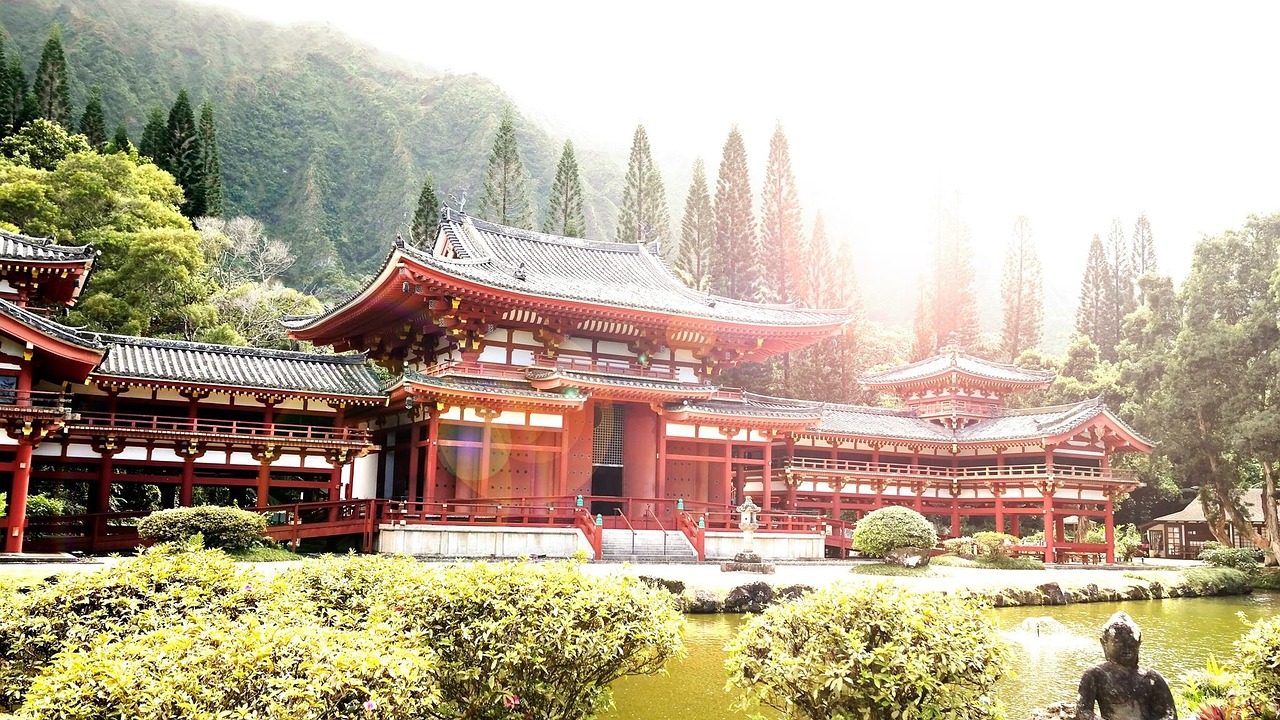
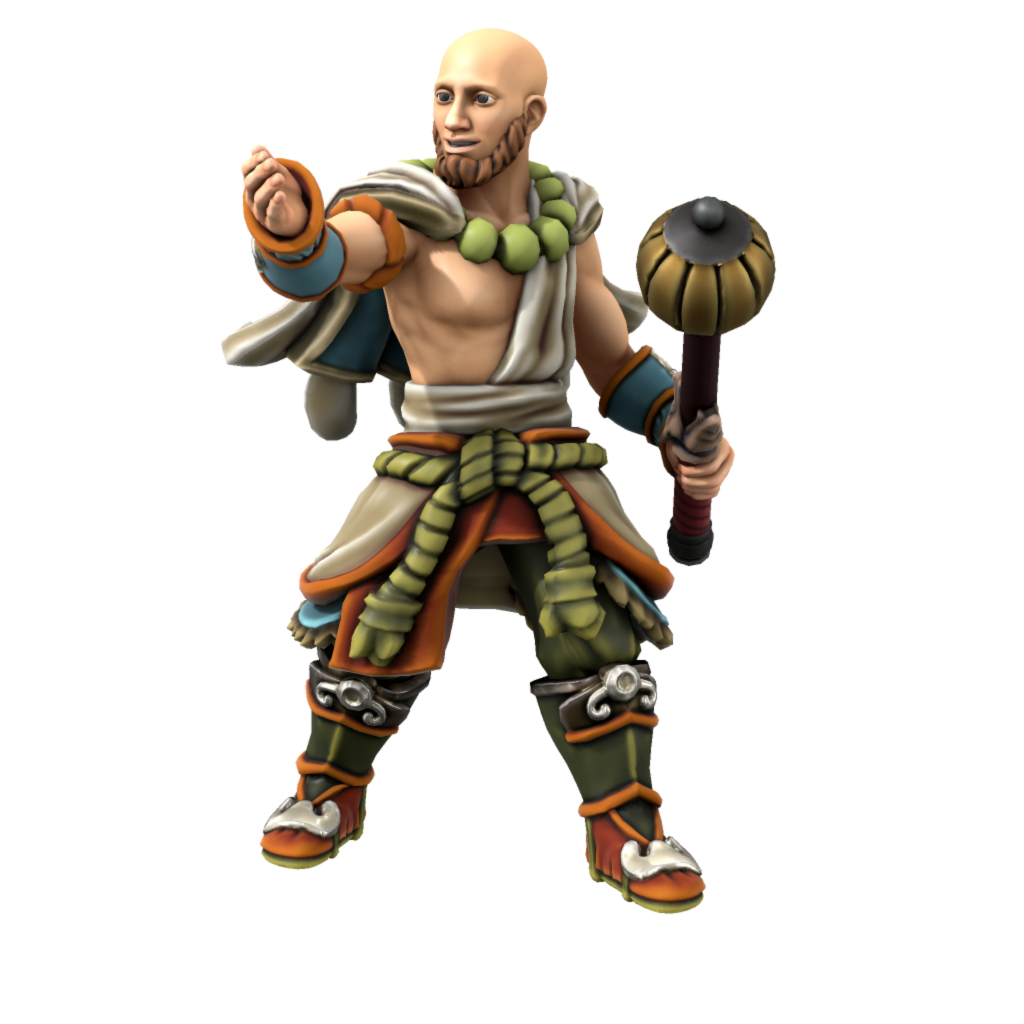
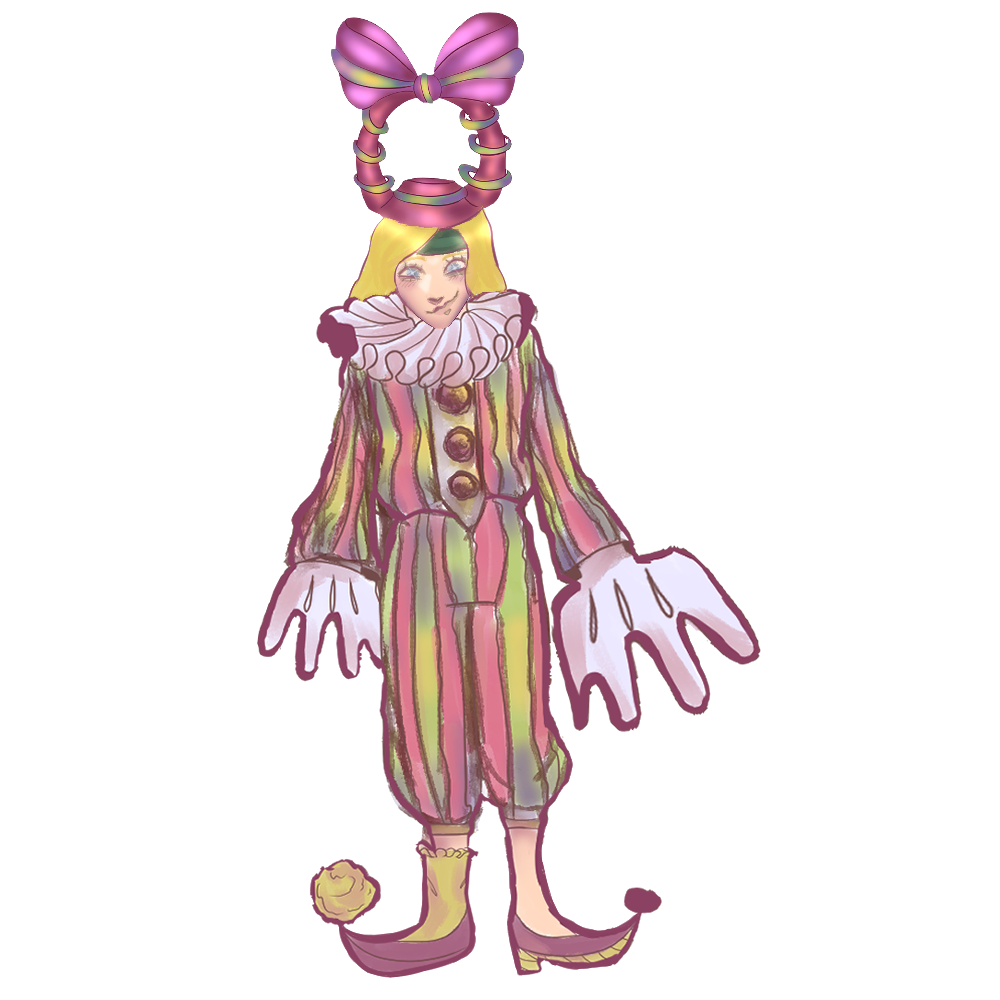
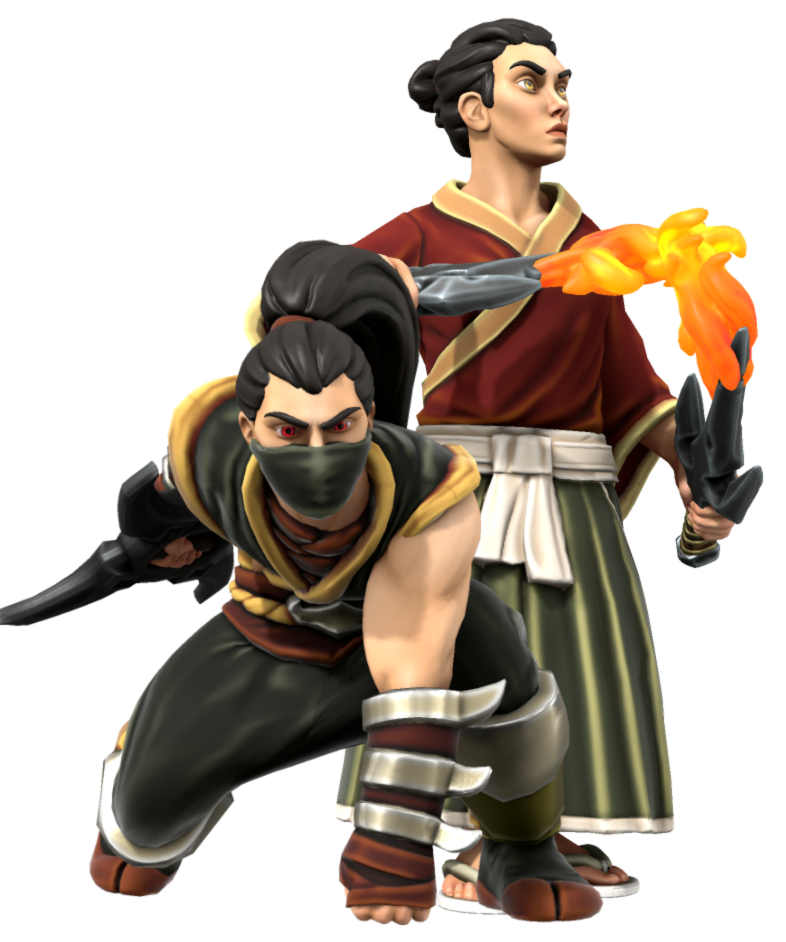
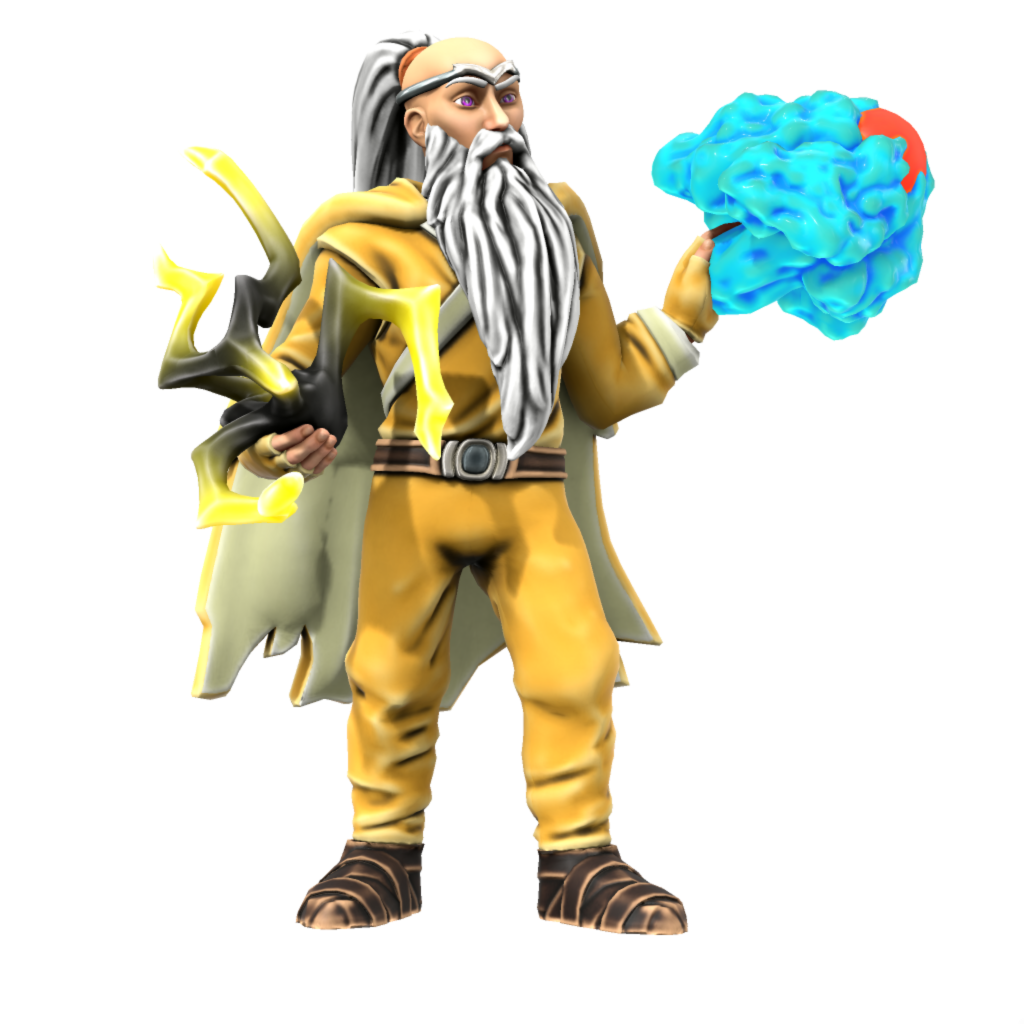

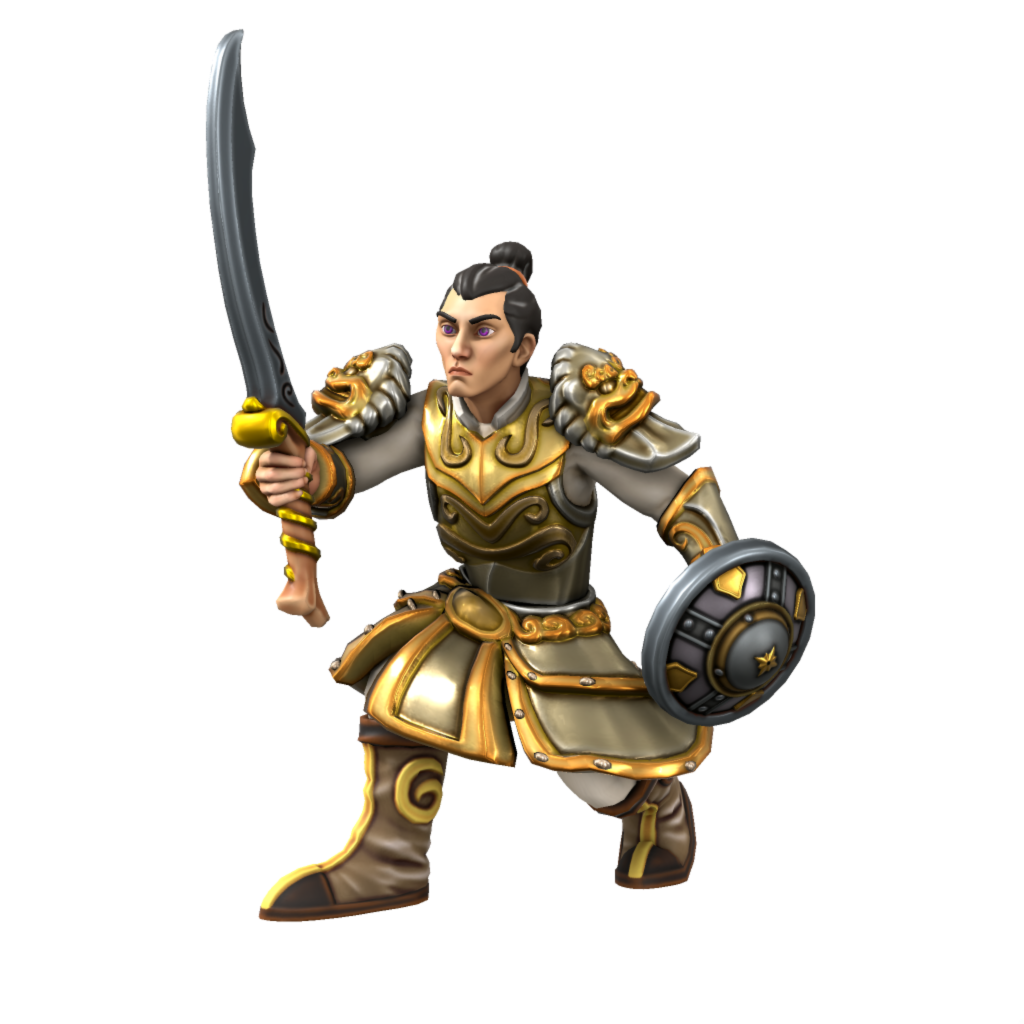
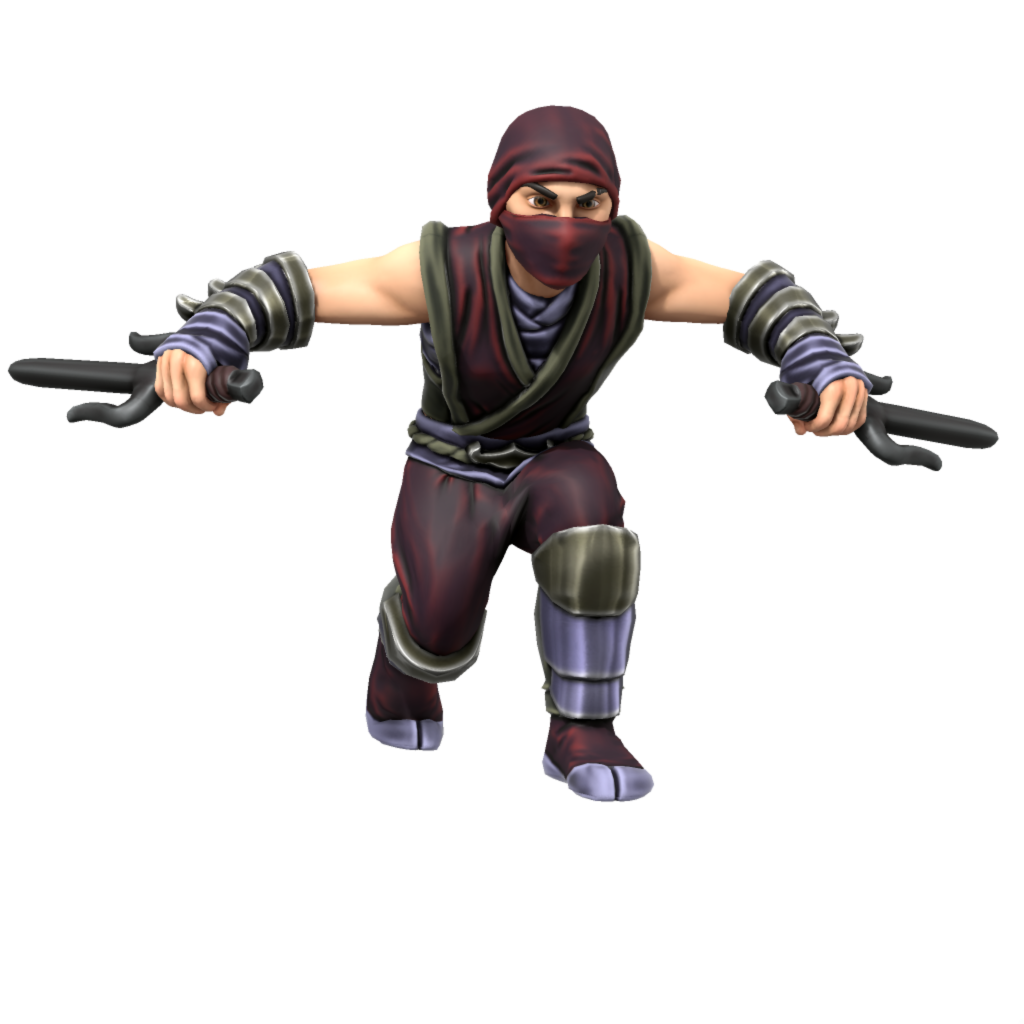

Comments